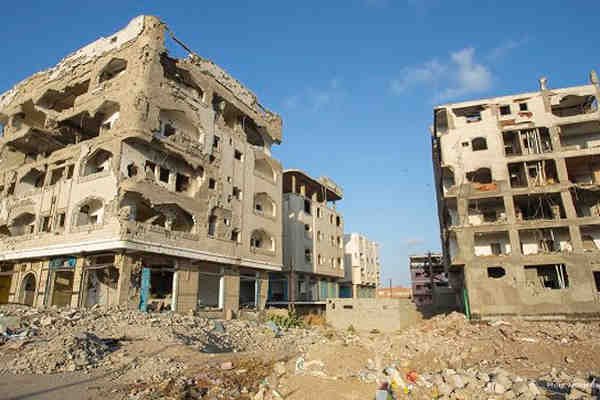Amnesty Reports Unlawful Killings in Yemen
Human rights watchdog Amnesty International says that under pressure from the United States and others to confront threats from al-Qaeda, along with Zaidi Shi’a rebels in the north and growing demands for secession in the South, Yemen has abandoned respect for human rights.
The Yemini government is using national security as a pretext to stifle criticism and reject human rights in a campaign of unlawful killings, torture, arbitrary arrests and unfair trials, Amnesty International charged in a new report released Tuesday, August 24.
The human rights organization said the downward spiral in respect for human rights documented in the report, Yemen: Cracking Down Under Pressure, includes unlawful killings of those accused of links to al-Qaeda and Southern Movement activists, enforced disappearances, arbitrary arrests, torture and unfair trials.
Amnesty informs that Aliya Ibrahim al-Wazir described how she and six other women relatives of detainees organized a sit-down protest near al-Salih Mosque in Sana’a in September 2009.
“I was beaten by the police women. I held a photo of my husband and they tried to take the photo from me. When I refused they hit me in the face and on my mouth, blood came out of my mouth.”
Yemenis accused of supporting the Huthis who are armed Zaidi Shi’a rebels in the northern Sa’dah region, or the Southern Movement, have also been targeted for arbitrary detention, unfair trials in specialized courts and beatings. Journalists, dissenters, human rights defenders, and critics of the government are subject to the same abuses, says Amnesty.
Some have been subjected to enforced disappearance for weeks or months by largely unaccountable security agencies that report directly to Yemen’s President Ali Abdullah Saleh.
“An extremely worrying trend has developed where the Yemeni authorities, under pressure from the United States and others to fight al-Qa’ida, and Saudi Arabia to deal with the Huthis, have been citing national security as a pretext to deal with opposition and stifle all criticism,” said Malcolm Smart, Amnesty International’s director for the Middle East and North Africa Program.
“All measures taken in the name of countering terrorism or other security challenges in Yemen must have at its heart the protection of human rights.”
The security forces have killed at least 113 people since 2009 in operations the government says target “terrorists.”
Attacks have become more frequent since December 2009 with security forces in some cases making no attempt to detain suspects before killing them, reports Amnesty.
Amnesty International says it works to protect human rights worldwide with over 2.8 million supporters, activists and volunteers in over 150 countries, and complete independence from government, corporate or national interests.
Photo courtesy: Amnesty International




